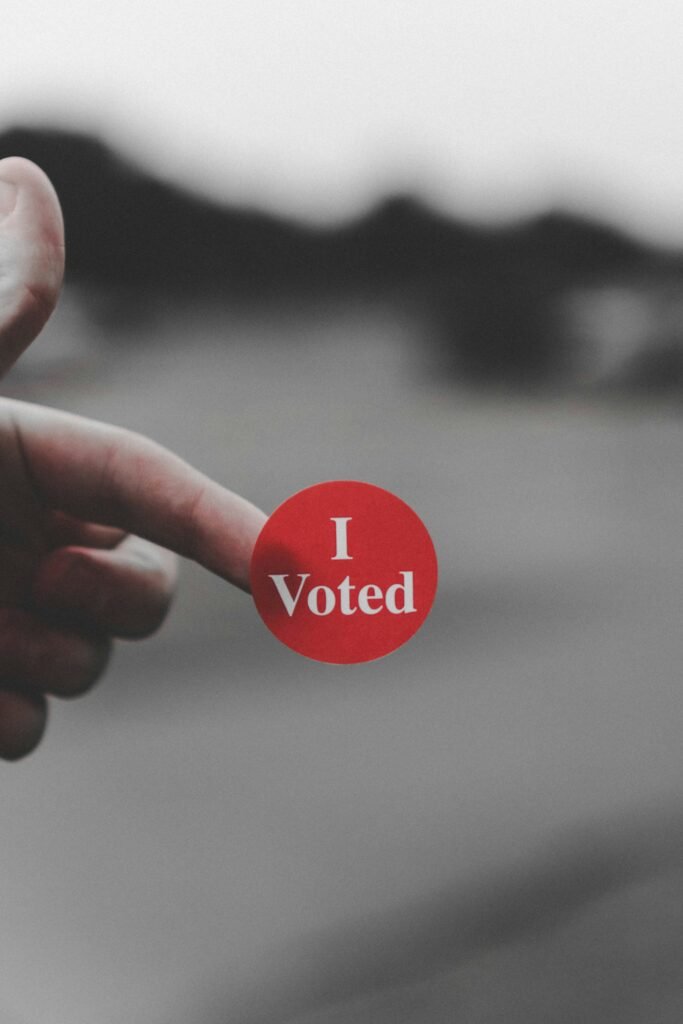Imagine a political landscape where digital realities blur the line between truth and deception. Michigan lawmakers are taking a proactive approach to combat this potential threat by proposing legislation that would require disclaimers on political ‘deepfakes’ and AI-generated campaign ads. The bills have already gained traction, with four states having implemented similar measures, and the Federal Election Commission considering regulations on deceptive AI campaign ads. These proposed laws aim to safeguard the integrity of elections and protect voters from being influenced by AI-generated content. As the legislation makes its way through the Michigan House, concerns have been raised about the need for clear distinctions between personal use of deepfakes and intentional political deception. With the aim of finalizing the legislation within the next two months, Michigan is determined to regulate AI-generated political ads and ensure a fair campaign season.
Proposed Legislation in Michigan
Michigan lawmakers are taking proactive steps to address the growing concern over the use of artificial intelligence in political ‘deepfakes’ and campaign ads. In an effort to protect the integrity of elections and ensure transparency, bills have been proposed to require disclaimers on such content. These bills aim to establish fines and criminal penalties for creators or distributors who fail to include disclaimers, thereby deterring the spread of deceptive media during campaign seasons.
Currently, the legislation is before the full Michigan House for review and consideration, having been approved by the House Elections Committee. This signifies the importance lawmakers place on addressing the threat of AI-generated content in influencing elections and voters. The proposed bills specifically target deepfakes and other deceptive media that are created, published, or distributed within 90 days of an election.
The consequences of failing to include disclaimers on such content are significant. Criminal penalties, including fines and potential imprisonment, may be imposed on individuals involved in the creation or distribution of these deceptive materials. Moreover, political professionals may face even stricter penalties to discourage any attempts to manipulate or deceive voters.
With elections on the horizon, the legislation is expected to be finalized in the next two months. This will provide a framework to regulate AI-generated political ads, ensuring that the upcoming campaign season remains transparent and free from intentional deception.

Concerns and Considerations
While the proposed legislation in Michigan aims to address the issue of deepfakes and deceptive political media, concerns have been raised about potential implications and the need for clear distinctions between personal use of deepfakes and intentional political deception. It is crucial to strike a balance between safeguarding the democratic process and protecting individuals’ rights to creative expression and freedom of speech.
To address these concerns, lawmakers must carefully draft the legislation in a way that distinguishes between harmless personal use of deepfakes and malicious intent to deceive for political gain. Setting clear boundaries and criteria can help avoid unintended consequences that may infringe upon personal liberties.
Furthermore, it is vital to ensure that the legislation is tailored to combat emerging technologies and techniques used to manipulate political discourse. Regular updates and reviews will be necessary to keep pace with advancements in AI and maintain the effectiveness of the legislation.

Similar Legislation in Other States
Michigan is not alone in its efforts to regulate deepfakes and AI-generated political content. Four states have already adopted similar legislation, recognizing the need to address the potential dangers posed by deceptive media. This demonstrates a growing consensus among lawmakers across the country that action must be taken to protect the integrity of elections.
Additionally, the Federal Election Commission is currently considering regulations on deceptive AI campaign ads. This highlights the significance of the issue at the national level and the recognition that a comprehensive approach is necessary to safeguard the democratic process.
By aligning efforts at both the state and federal levels, lawmakers can effectively curb the spread of deceptive AI-generated content and maintain the trust of the electorate.

Conclusion
The proposed legislation in Michigan seeks to secure the integrity of elections by requiring disclaimers on political deepfakes and campaign ads that utilize artificial intelligence. With fines and criminal penalties for noncompliance, the bills aim to deter the creation and distribution of deceptive media during campaign seasons.
While concerns over potential criminal penalties and the need for clear distinctions between personal deepfake use and political deception have been raised, it is crucial to strike a balance between protecting the democratic process and safeguarding personal liberties. Working together, lawmakers can navigate these concerns and ensure that the legislation is effective and fair.
Michigan is not alone in this endeavor, as several states have already implemented similar legislation, and the Federal Election Commission is considering regulations on deceptive AI campaign ads. By harmonizing efforts across jurisdictions, lawmakers can collectively mitigate the threat posed by AI-generated content and uphold the transparency and integrity of elections.
As the proposed bills move through the legislative process in Michigan, it is expected that they will be finalized in the next two months, providing a vital framework to regulate AI-generated political ads. By doing so, Michigan will set a precedent for other states and contribute to a nationwide effort to combat deceptive media and preserve the democratic foundations upon which our society is built.



